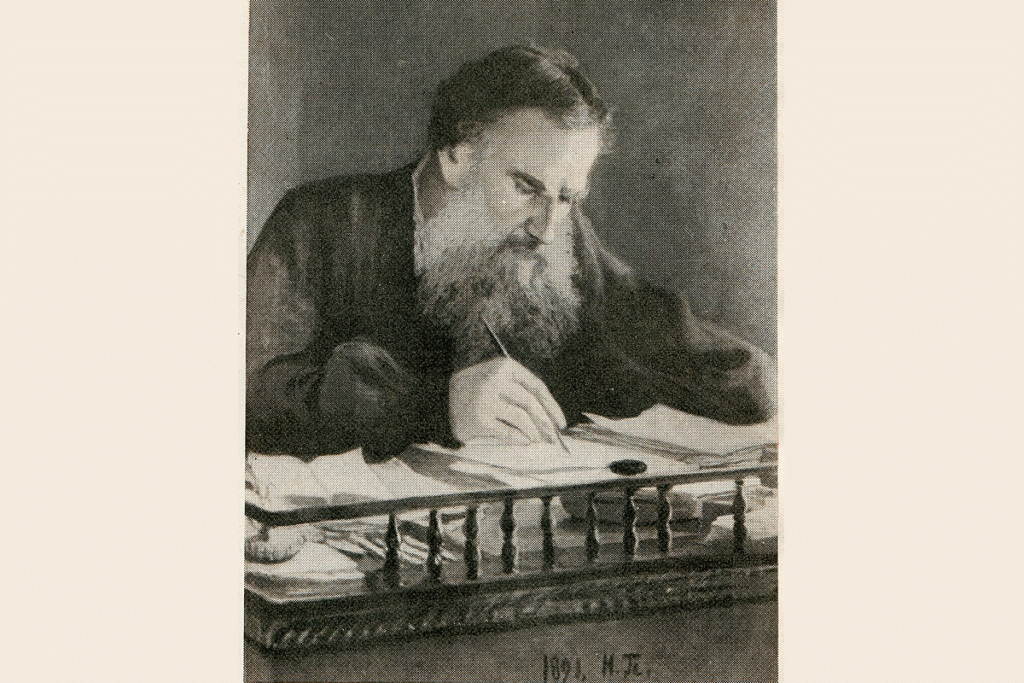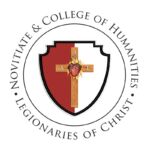 The Death of Ivan Ilych is a narrative reflection on the consequences of living in denial. It is told as a third-person omniscient narrative of the journey of a Russian man named Ivan through life and the state of denial that he lives in. Ivan lives his entire life “properly” and according to societal standards and norms while avoiding the foresight of death, which is ultimately a symbol of universal moral law. Ivan’s attitude of denial is demonstrated in various parts of his life, which come with secondary characters that emphasize the root of his denial; these are his career, his family life, and his illness.
The Death of Ivan Ilych is a narrative reflection on the consequences of living in denial. It is told as a third-person omniscient narrative of the journey of a Russian man named Ivan through life and the state of denial that he lives in. Ivan lives his entire life “properly” and according to societal standards and norms while avoiding the foresight of death, which is ultimately a symbol of universal moral law. Ivan’s attitude of denial is demonstrated in various parts of his life, which come with secondary characters that emphasize the root of his denial; these are his career, his family life, and his illness.
His attitude of denial begins as he is growing out of childhood, when he falls into sin which makes him feel disgusted with himself. As his life progresses, and he moves into the highly educated class, he begins to excuse his actions and makes his first act of denial by seeking to forget the moral conflicts he experienced as a result of his choices:
“He saw that such actions were done by people of good position and that they did not regard them as wrong, he was not able to regard them as right but to forget about them entirely or not be at all troubled at remembering them” (152).
We learned at this point that he was someone who was naturally attracted to the upper class. A great ironic key is when he buys a medal that has “respicere finem” (105) engraved on it, which commands him to look to his end, yet he spends his entire life avoiding that very action. He was a man who lived according to the duty placed upon him by those in authority. As his career develops he observes all the expected formalities of his office as an examining magistrate, while yet ignoring his struggle of conscience. He gets married because it was considered the right thing to do by his highly-placed associates and he could find no reason not to. The life of Gerasim, his servant, is characterized by simplicity, faith, and an attitude of charity in carrying out his duties as demonstrated in the first chapter, which prompts Iavn to wonder whether his whole life has been wrong (152). The good that Ivan recognizes in the characteristics that Gerasim personifies brings to light Ivan’s denial of the superficiality, indifference, and selfishness that he is living.
The first change in Ivan’s life comes about at marriage when the life’s new circumstances ask him to step up to the task. Instead of stepping up, he begins struggling for his independence and looking for personal satisfaction. He lives increasingly in his invented world and closes his eyes to the well-being of his family. In the narrative, a shocking emphasis of this is when he mentions that two of his children died but passes over this as if it were just another event. He denies his carelessness for his family by regarding the distance he experiences between himself and his wife as normal. Rather than recognizing his sentiment of it being wrong, he makes it the goal of his family life (111). At a moment of crisis in his marriage, when his denial breaks down and he decides that his life is no longer normal, he blames it on a lack of money and goes on to look for alternate solutions to his problem, like a promotion and a new house. He has made himself the judge of what is right and wrong. After this change, his life went as he thought it should and he only entrenches himself more deeply in denial (117). In his son Vasya, he recognizes his former innocence in the love, compassion, and pity shown to him. At the end of his life, receiving a kiss from Vasya on the hand, Ivan realizes that he has lived his whole life in denial of the pain and sorrow that he inflicted upon those to whom he owed his greatest love and care.
Finally, we find him living in denial throughout his sickness. Once his new house is all set, he begins to have a pain in his side that he passes off as unimportant. The reality of death begins to haunt him as he recognizes the strange attitude of others towards him in the law courts; they watch him as if his seat will soon be vacant. He is desperate to find an explanation for his illness, so he makes countless visits to doctors without being able to find any clear answer. This searching but being unable to find the results is an indication that Ivan is asking the wrong questions. As the illness progresses and the doctors do not seem to have any definitive answers, his most extreme moment of denial comes out when he forces himself to think that he is healthy. He goes to work to fight the impending realization that he is dying and to try to reestablish the framework that hid the reality of his sin from him. It is in these attempts to reestablish himself in denial that his outlook falls apart and the walls he set up to protect himself from the thought of death come crashing down. He realizes that he is now facing his sin and death.
Ivan lives life avoiding the judgment that is always knocking on the door of his conscience. This is particularly exemplified in his career, his family, and his illness. There is a strong moral to this story, characteristic of Tolstoy’s writings: if you want to live and die in peace listen to your conscience, obey it, and reconcile yourself with God and others.
Leo TOLSTOY, The Death of Ivan Ilych and Other Stories, Signet Classic, New York 1960.



